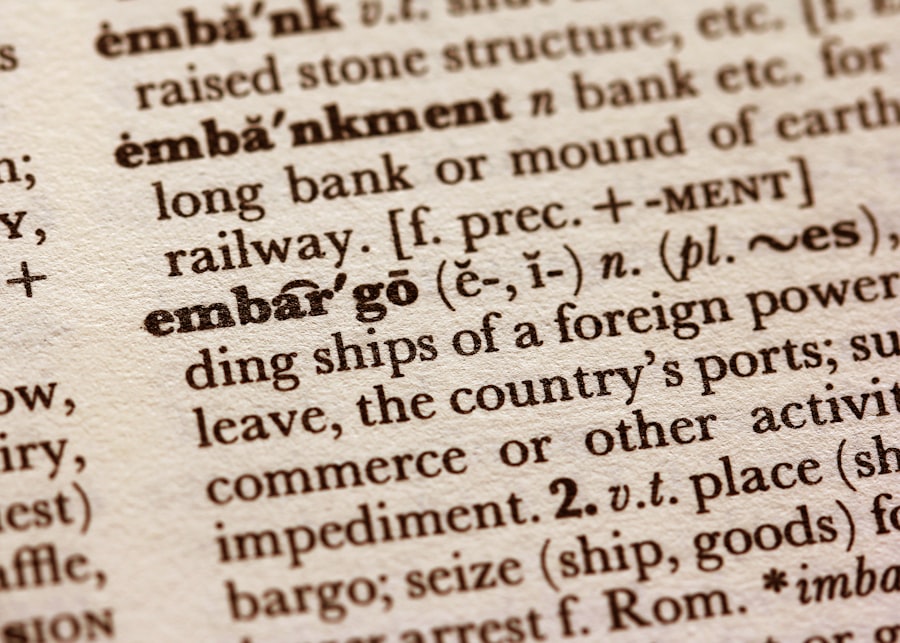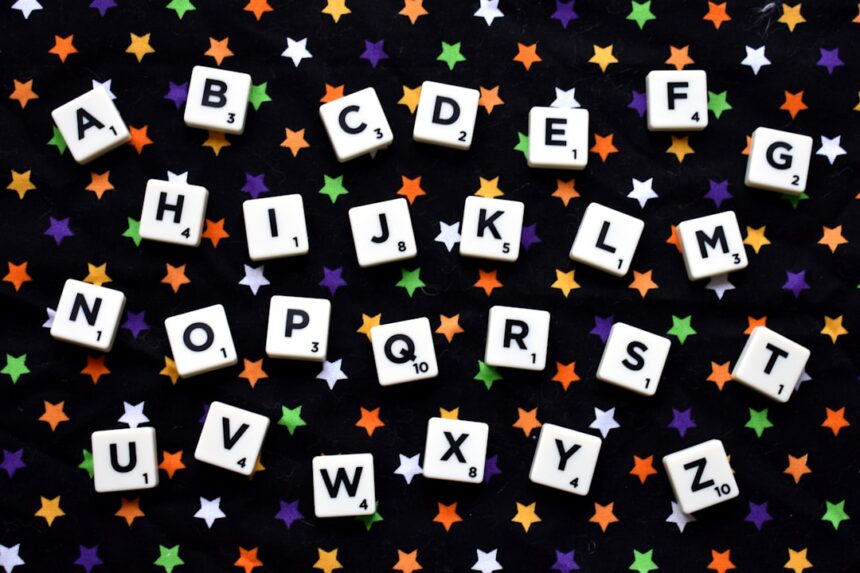Depersonalization-derealization is a complex psychological phenomenon that can leave individuals feeling detached from themselves and their surroundings. You may experience depersonalization as a sense of disconnection from your own thoughts, feelings, or sense of identity. It can feel as if you are observing yourself from outside your body, leading to a profound sense of unreality.
On the other hand, derealization involves a similar detachment but focuses on the external world. You might perceive your environment as strange, dreamlike, or distorted, making it difficult to engage with reality as you once did. This condition can be triggered by various factors, including stress, trauma, anxiety, or substance use.
While it can be a temporary response to overwhelming situations, for some, it becomes a chronic issue that significantly impacts daily life.
It’s important to note that you are not alone in experiencing these feelings; many people encounter similar sensations at some point in their lives.
Key Takeaways
- Depersonalization-Derealization is a mental health condition characterized by feeling detached from oneself and the surrounding environment.
- Common symptoms of Depersonalization-Derealization include feeling like an outside observer of one’s thoughts and actions, and experiencing a sense of unreality or detachment from the world.
- The pronunciation of Depersonalization-Derealization is “dee-purr-suh-nuh-luh-zay-shun” and “dee-ree-uh-luh-zay-shun” respectively.
- Breaking down the pronunciation of Depersonalization involves emphasizing the syllables “dee-purr-suh-nuh-luh-zay-shun” and practicing the pronunciation slowly.
- Breaking down the pronunciation of Derealization involves emphasizing the syllables “dee-ree-uh-luh-zay-shun” and practicing the pronunciation slowly.
Common Symptoms of Depersonalization-Derealization
When grappling with depersonalization-derealization, you may notice a range of symptoms that can vary in intensity and duration. One of the most common symptoms is a feeling of being disconnected from your body or thoughts. You might find yourself questioning your own existence or feeling as if you are living in a movie, where everything around you seems unreal.
This can lead to confusion and anxiety, as you struggle to reconcile your experiences with the reality you once knew. In addition to these feelings of detachment, you may also experience sensory distortions. Sounds may seem muffled or distant, colors might appear less vibrant, and time may feel distorted.
These sensations can be disorienting and frightening, making it challenging to navigate everyday situations. It’s essential to recognize that these symptoms are not indicative of a mental breakdown but rather a response to stress or trauma. Understanding these symptoms can help you articulate your experiences better and seek the support you need.
Understanding the Pronunciation of Depersonalization-Derealization

Pronouncing “depersonalization-derealization” can be daunting due to its length and complexity. However, breaking it down into manageable parts can make it easier for you to articulate. The term itself is a combination of two distinct yet related concepts: depersonalization and derealization.
Each component has its own pronunciation rules that contribute to the overall term. When you encounter long words like this one, it’s helpful to approach them systematically. By focusing on each syllable and practicing them individually, you can build your confidence in pronouncing the entire term correctly.
Understanding the phonetic structure will not only aid in your pronunciation but also enhance your ability to discuss the topic with others.
Breaking Down the Pronunciation: Depersonalization
| Aspect | Details |
|---|---|
| Video Title | Breaking Down the Pronunciation: Depersonalization |
| Duration | 10 minutes |
| Views | 5,000 |
| Likes | 300 |
| Dislikes | 20 |
To pronounce “depersonalization,” start by breaking it down into its syllables: de-per-son-al-i-za-tion. The first syllable, “de,” sounds like “dee,” while “per” is pronounced as “pur.” The next syllable, “son,” is straightforward and rhymes with “sun.” Following that, “al” sounds like “uhl,” and “i” is pronounced as a short “ih.” The final part, “zation,” can be tricky; it sounds like “zay-shun.” When you put it all together, it flows as “dee-pur-suhn-uhl-ih-zay-shun.” Practicing this breakdown can help you become more comfortable with the word. You might find it useful to repeat each syllable several times before attempting to say the entire word in one go.
This method not only aids in pronunciation but also reinforces your understanding of the term itself.
Breaking Down the Pronunciation: Derealization
Similarly, “derealization” can be broken down into its syllables for easier pronunciation: de-re-al-i-za-tion. The first syllable, “de,” is pronounced like “dee,” just as in depersonalization. The second syllable, “re,” sounds like “ree.” Next comes “al,” which is pronounced as “uhl,” followed by “i,” pronounced as a short “ih.” Finally, “zation” again sounds like “zay-shun.” When combined, it flows as “dee-ree-uhl-ih-zay-shun.” As with depersonalization, practicing each syllable separately will help you gain confidence in saying the entire word.
You might want to write it down phonetically or use flashcards to reinforce your learning. This approach will not only improve your pronunciation but also enhance your ability to communicate effectively about these concepts.
Tips for Pronouncing Depersonalization-Derealization

To master the pronunciation of “depersonalization-derealization,” consider employing several strategies that can make the process more manageable. First, practice saying each part of the term separately before attempting to combine them. This method allows you to focus on the nuances of each syllable without feeling overwhelmed by the length of the word.
Another effective technique is to listen to audio recordings or videos where the term is pronounced correctly. Hearing it spoken by others can provide you with a model to emulate. You might also find it helpful to record yourself saying the word and then play it back to identify areas for improvement.
Repetition is key; the more you practice, the more natural it will feel.
How to Explain Depersonalization-Derealization to Others
When discussing depersonalization-derealization with others, clarity is essential. Start by explaining that these terms refer to experiences of feeling detached from oneself or one’s surroundings. You might say something like, “Depersonalization is when I feel disconnected from my own thoughts or body, while derealization is when my environment feels unreal or distorted.” This straightforward explanation can help others grasp the concepts without becoming overwhelmed by jargon.
It’s also beneficial to share personal anecdotes or examples that illustrate your experiences. For instance, you could describe a moment when you felt as if you were watching yourself from outside your body or when everything around you seemed dreamlike. By providing relatable examples, you can foster understanding and empathy in those you’re speaking with.
Seeking Help for Depersonalization-Derealization
If you find that depersonalization-derealization significantly impacts your life, seeking professional help is crucial. Mental health professionals can provide valuable support and guidance tailored to your specific needs. You might consider reaching out to a therapist who specializes in anxiety or trauma-related disorders, as they will have experience addressing these feelings.
During therapy sessions, you can explore the underlying causes of your depersonalization-derealization experiences and develop coping strategies to manage them effectively. It’s important to remember that seeking help is a sign of strength and an essential step toward regaining control over your life.
Coping Strategies for Depersonalization-Derealization
In addition to professional help, there are several coping strategies you can employ on your own to manage depersonalization-derealization symptoms. Grounding techniques are particularly effective; these involve focusing on your physical sensations and surroundings to anchor yourself in reality. For example, you might try holding onto a textured object or focusing on your breath to bring yourself back to the present moment.
Mindfulness practices can also be beneficial in reducing feelings of detachment. Engaging in meditation or yoga can help cultivate awareness and acceptance of your thoughts and feelings without judgment. By incorporating these practices into your daily routine, you may find that your symptoms become more manageable over time.
Understanding the Impact of Depersonalization-Derealization on Daily Life
The effects of depersonalization-derealization can permeate various aspects of daily life, making even simple tasks feel overwhelming. You may struggle with maintaining relationships due to feelings of disconnection from others or difficulty expressing yourself clearly. This detachment can lead to misunderstandings and frustration in social situations.
Additionally, your ability to focus on work or school may be compromised as these experiences create distractions that hinder productivity. Recognizing how depersonalization-derealization affects your daily life is essential for developing effective coping strategies and seeking appropriate support.
Resources for Further Understanding Depersonalization-Derealization
If you’re looking for more information about depersonalization-derealization, numerous resources are available that can deepen your understanding of this phenomenon. Books written by mental health professionals often provide insights into the causes and treatments for these experiences. Online forums and support groups can also offer community and shared experiences from others who understand what you’re going through.
Additionally, reputable websites dedicated to mental health education can provide valuable information about symptoms, coping strategies, and treatment options. By exploring these resources, you can empower yourself with knowledge and connect with others who share similar experiences. In conclusion, understanding depersonalization-derealization is crucial for recognizing its symptoms and seeking appropriate help when needed.
By breaking down complex terms for pronunciation and employing effective communication strategies, you can articulate your experiences more clearly to others. Remember that seeking professional support and utilizing coping strategies are vital steps toward managing these feelings and improving your overall well-being.
In exploring the complexities of depersonalization-derealization, it’s essential to understand not only the pronunciation but also the broader psychological context of these experiences. An insightful resource that delves into various psychological phenomena, including depersonalization-derealization, can be found on the Unplugged Psychology website. For a deeper understanding, you might find the sample page particularly useful, as it provides a comprehensive overview of related psychological concepts and their implications. This resource can serve as a valuable tool for anyone looking to expand their knowledge on the subject.
LEARN MORE About Unmasking the Mysteries Behind Depersonalization and Derealization
FAQs
What is depersonalization-derealization pronunciation?
Depersonalization-derealization pronunciation refers to the correct way to pronounce the term “depersonalization-derealization,” which is a mental health condition characterized by feeling detached from oneself and one’s surroundings.
How is depersonalization-derealization pronounced?
Depersonalization-derealization is pronounced as “dee-per-son-al-uh-zey-shuhn dee-ree-uh-luh-zey-shuhn.”
Why is it important to pronounce depersonalization-derealization correctly?
Pronouncing depersonalization-derealization correctly is important for effective communication, especially in the context of mental health discussions and professional settings. Using the correct pronunciation shows respect and understanding for individuals experiencing this condition.
Are there any common mispronunciations of depersonalization-derealization?
Common mispronunciations of depersonalization-derealization include “dee-per-son-al-uh-zey-shun dee-ree-uh-luh-zey-shun” and “dee-per-son-al-uh-zey-shun dee-ree-uh-lie-zey-shun.”
Where can I hear the correct pronunciation of depersonalization-derealization?
You can hear the correct pronunciation of depersonalization-derealization by using online pronunciation resources, such as dictionaries or language learning websites, that provide audio recordings of words and phrases.




